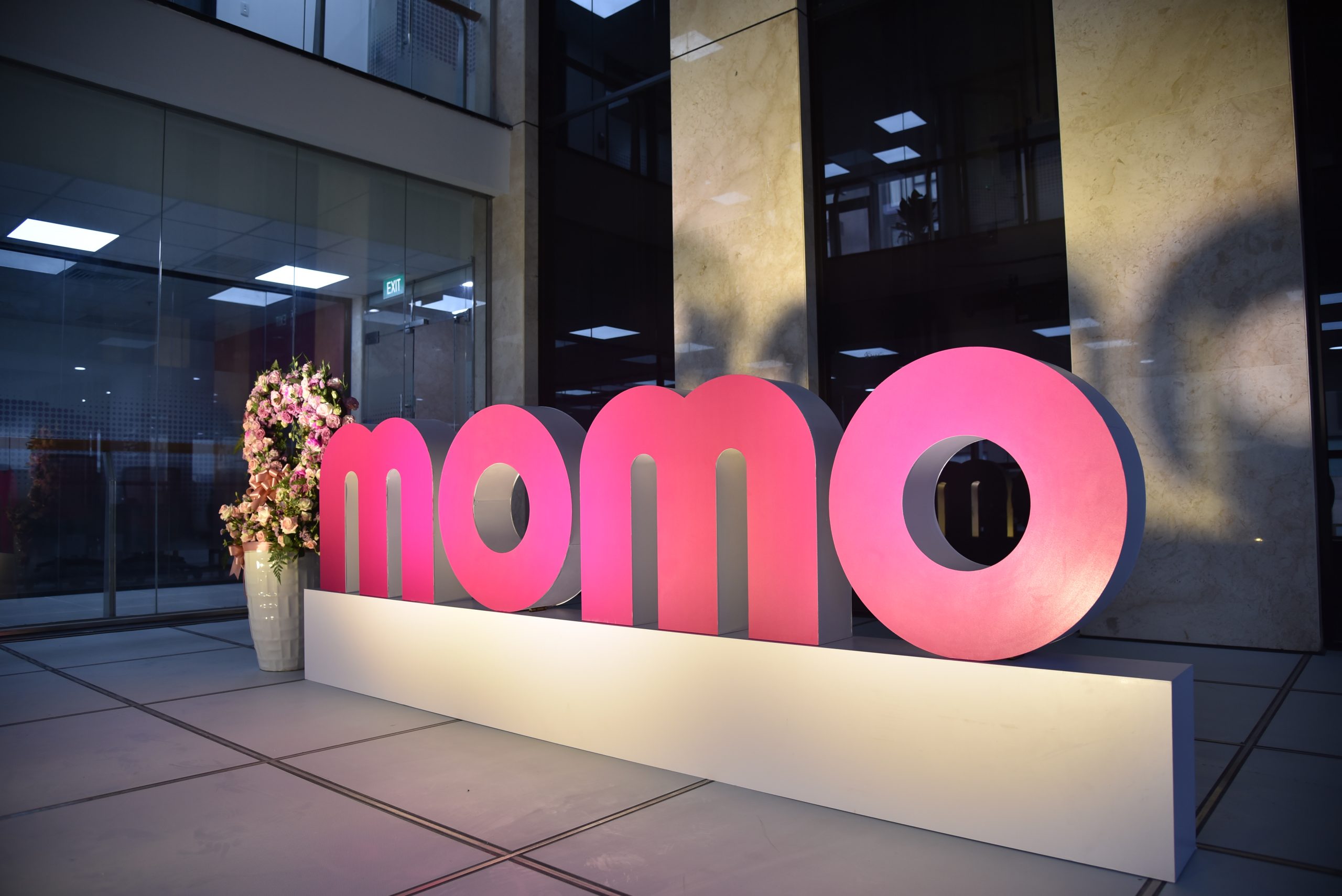Vietnam’s leading e-wallet firm Momo has finalized its Series D funding round, co-led by its existing shareholders Warburg Pincus and Silicon Valley fund Goodwater, to develop its super app plans, the company announced on Wednesday.
Although no financial details were disclosed, Momo CEO Pham Thanh Duc told Reuters that the firm has secured at least USD 100 million, with plans to go public by 2025. The e-wallet firm will leverage the new fund to build a new super app platform and to enhance its ecosystem which is currently serving 23 million users, or 24% of Vietnam’s population of 96.5 million people.
As the largest e-wallet by user base, Momo enables users to process financial services including bill payments, local money transfers, loan payments, and other purchase services like software licenses and movie tickets, through its mobile wallet, payment platform, or over-the-counter services at merchant partners scattered across the country.
The fresh capital allows Momo to invest in Vietnamese firms that could be complementary to the firm’s existing payment business, so as to expand its user base and access a broader market, according to the announcement.
“Vietnam is one of the fastest growing markets in Southeast Asia when it comes to the digital economy. However, as e-wallets still need to be linked to a local bank account, e-wallets are still unable to serve the people fully,” said Varun Mittal, head of fintech in emerging markets at Ernst & Young.
“Although the e-wallet penetration rate may not be as high as some of the neighbouring markets, it has grown significantly. If we look at the top five e-wallets in Vietnam, some of them are able to attract more international capital. That is a vote of confidence from international investors on the future of Vietnam’s digital economy,” he added.
The news comes two years after Momo’s previous Series C funding round in January 2019, in which it raised USD 100 million from global private equity firm Warburg Pincus, as reported by Vietnamese media. It first secured USD 5.8 million from Goldman Sachs Investment Partners in January 2013, followed by a USD 28 million Series B round in March 2016, led by Standard Chartered Bank.
Fierce Competition
In Vietnam, use of cashless payments surged more than 500% in the first six months of 2020, compared to the same period in 2019, while the aggregate transaction value rose over 600% in the same period, according to a report published by Visa in August 2020.
The surging e-wallet adoption has intensified the competition in Vietnam where the leading players have burned cash to acquire a bigger market slice, resulted in mounting losses in recent years.
Despite Momo’s revenue more than doubling to VND 4.23 trillion (USD 182.6 million) in 2019, its losses also doubled to VND 854 billion (USD 36.8 million) in the same year, according to a local media report. Zion, which owns another of Vietnam’s leading e-wallet players ZaloPay, also recorded losses of VND 390 billion (USD 16.8 million) in 2019, up 189% from its VND 133.4 billion (USD 5.8 million) in 2018.
When asked if the cash burning pratice is sustainable, Mittal said that significant investment is fundamental to building a digital payment infrastructure, so as to digitalize the economy. “When you are building the digital payment infrastructure, you are on one hand enabling merchants to accept the solutions, and on the other side, you are changing the customer behaviors. Fintech ventures have to give them enough incentives and nudges to change the behavior, because they are digitizing the economy,” he explained.
“When the adoption reaches a critical scale, the digital economies starts to kick in and the companies can start to monetize the payment products,” he added.
Vietnam’s digital payment market is projected to reach USD 15 billion in 2021, while the total transaction value is expected to grow by 15% to USD 26 billion by 2025, according to data research firm Statista.
A few notable names have stood out too, including Moca, which partnered with Grab, and eMonkey, which was acquired by Chinese tech giant Ant Group in December 2019, Reuters reported.
“As Vietnam’s economy was the first in Southeast Asia to bounce back from COVID-19 and come closer to normalcy, the country would have a head start in embracing digital payment solutions on the merchant side. This will be a huge trend in the upcoming two to three years,” said Mittal.
